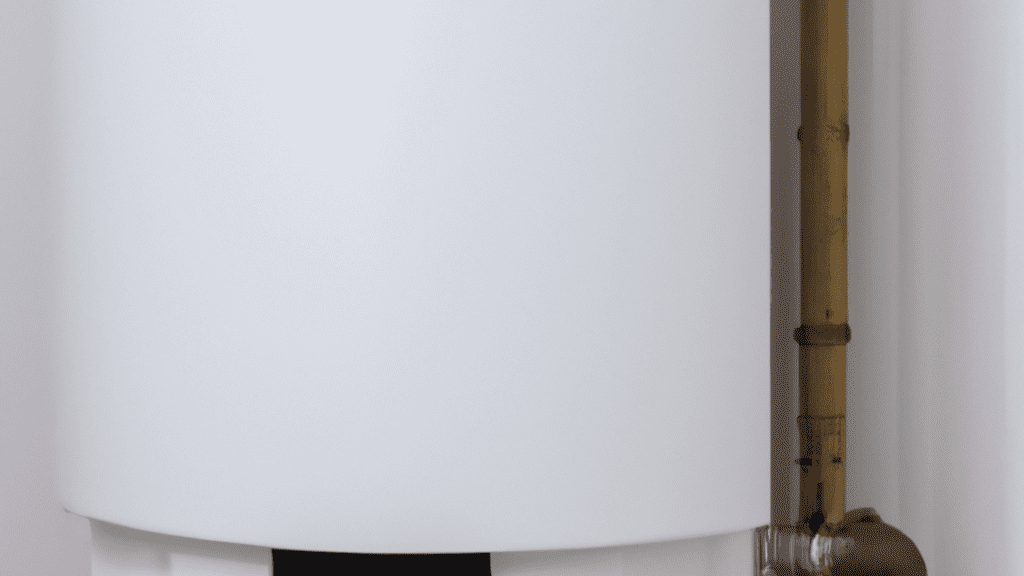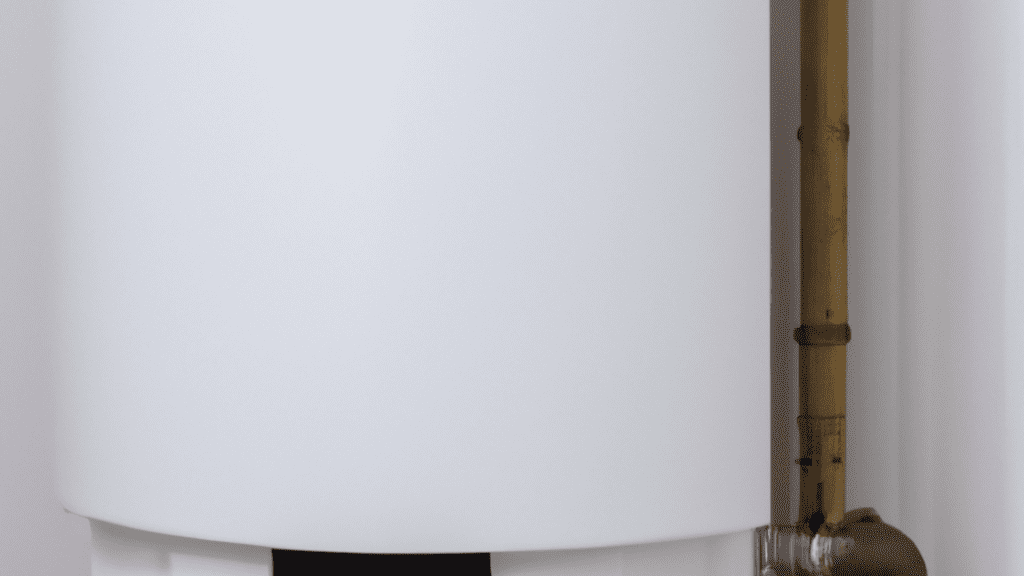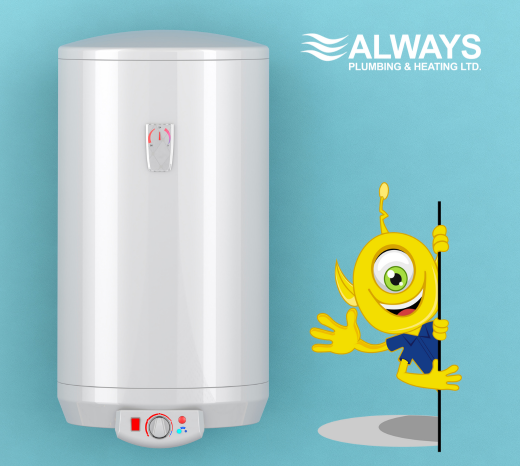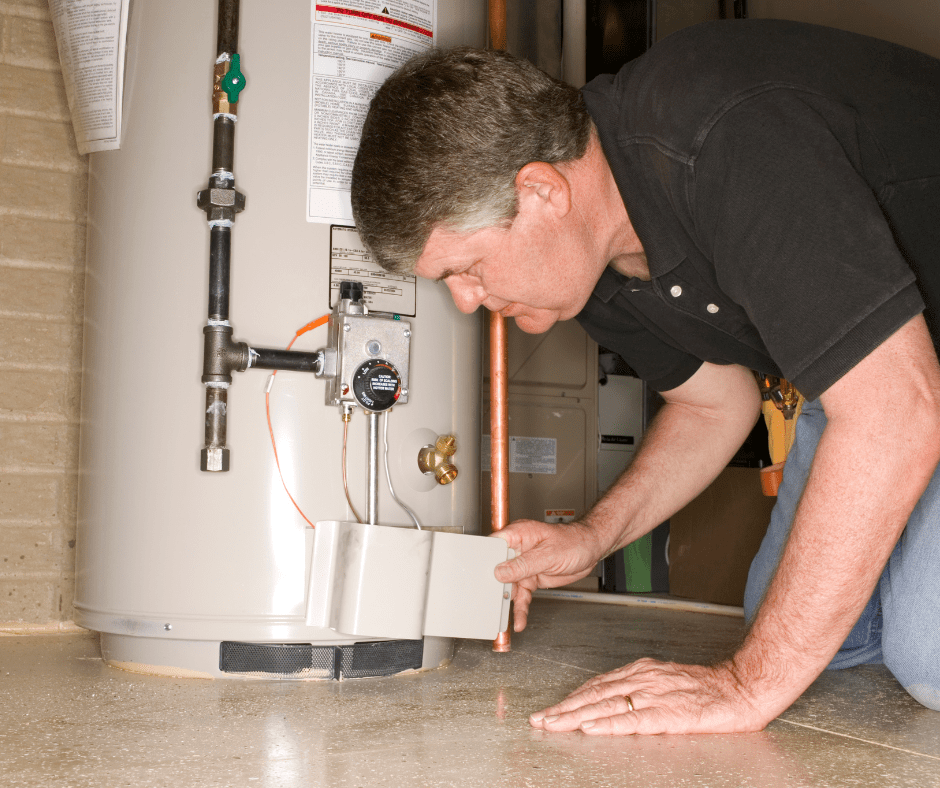Want an in-home consultation for the right tankless water heater to install? Schedule a free consultation with our HVAC technician.
Hot ...

Want an in-home consultation for the right tankless water heater to install? Schedule a free consultation with our HVAC technician.
Hot water comes at a noticeable cost for the average household. With traditional tank water heaters continuously using energy to retain hot water, many households consider alternatives that will not only help them save on utility bills but benefit from the economy of space and utility of tankless heaters. Not all of us require constant hot water throughout the day, therefore having a traditional tank water heater may not be the best choice.
On the other hand, many require a consistent supply of hot water to run the household while keeping the efficiency and cost in close balance.
We outline the advantages and disadvantages of owning a tankless heater over tanked water heaters so that you can make the best decision for your home.
Pros of Tankless Water Heaters
Hot Water Demand
Tankless water heaters are best suited for homes with a high demand for hot water, such as those with multiple bathrooms or large families. If you only use a small amount of hot water at a time, a tankless water heater may not be the most cost-effective option. One thing to note is to check the flow rate of your tankless heater. If you’re running more than 3 showers at any given time and that happens to be above the pre-defined flow rate, your water heater may not keep up.
Cost
Tankless water heaters tend to be more expensive to purchase and install than traditional tank water heaters. However, they can be more energy-efficient and may save you money on your energy bills in the long run. According to Home Advisor, the average cost of installing a 40 to 50-gallon tankless water heater is $3,500 to $7,000 while a tanked water heater is around $900 excluding labour, dispatch, and installation fees.
A high upfront cost involves the unit price, setting up a vent pipe, and a water softening system since tankless heaters may deploy more heat based on the water hardness level in your area. Due to the high efficiency during the life of the unit, you can reap more savings after incurring the initial cost.
Space
Tankless water heaters are typically smaller and take up less space than traditional tank water heaters. They’re mounted on a wall and can fit within most closets unlike tank heaters that are almost double in size and take up significant floor space.
Lifespan
Tankless water heaters last over 20 years as compared to tank heaters that require replacement after 8-10 years typically. Not having to replace a water heater every decade provides massive savings during the term of home ownership.
Energy efficiency
Tankless water heaters only heat water as it is needed, which can be more energy-efficient than a traditional tank water heater that continually heats and stores hot water. Tankless water heaters use 30% less energy according to Energy Star. The actual efficiency will depend on how much hot water is used per month. In most cases, households can save 10%-20% more in utility bills using a tankless water heaters.
Cons of Tankless Water Heaters
Initial cost
Tankless water heaters tend to be more expensive to purchase and install than traditional tank water heaters.
Limited hot water supply
Tankless water heaters only heat water as it is needed, so they may not be able to keep up with high demand for hot water, such as when multiple faucets are in use at the same time.
Maintenance
Tankless water heaters require more maintenance than traditional tank water heaters, including regular cleaning and descaling to remove mineral deposits.
Limited Heating Capacity
When multiple appliances are in use, your unit may not keep up depending on the size of your tankless water heater. This can be circumvented by ensuring the flow rate (amount of water that can heat per minute) is up to par with your minimum daily requirement.
Takes Longer to Output Hot Water
Tankless water heaters don’t heat water instantly as they don’t have a ready supply like tank water heaters.
Interested to explore tankless water heater deals in Edmonton? You’re more than covered with our specials!
Should You Rewire Your House for a Tankless Water Heater?
In most cases, it is not necessary to rewire a house for a tankless water heater. Tankless water heaters typically use the same type of electrical wiring as traditional tank water heaters.
However, it is important to ensure that the electrical system in your home is sufficient to support the power needs of the tankless water heater. Tankless water heaters have higher wattage requirements than traditional tank water heaters, so you may need to upgrade the electrical panel or circuit breaker to accommodate the additional serving load.
It is always best to consult with a licensed electrician or plumber when installing a tankless water heater to ensure that the electrical system is properly sized and that the installation is done safely and correctly.
What Kind of Maintenance Does a Tankless Water Heater Need?

You may perform the following maintenance tasks for tankless water heaters to extend their safe and reliable operation for years.
Cleaning and descaling
Tankless water heaters should be cleaned and descaled at least once a year to remove any mineral deposits that may have accumulated in the unit. A specialized cleaning solution and a descaling agent can help clean out dust or deposits.
Filter replacement
Tankless water heaters often have filters that need to be replaced periodically to remove any dirt or debris that may have accumulated.
Venting inspection
The venting system for a tankless water heater should be inspected regularly to ensure it is clear and functioning properly.
Annual inspection
It is recommended to have a professional inspect and service the tankless water heater at least once a year to ensure it is operating correctly and to catch any potential issues before they become more serious.
Before the winters turn harsher, get started with an in-home heating and cooling consultation with an HVAC expert.
Related Posts
Tank vs Tankless Water Heaters: Hot Water Options
Is a Tankless Water Heater Right for My Household?
Replacing Your Hot Water Tank: Here’s What It Costs




